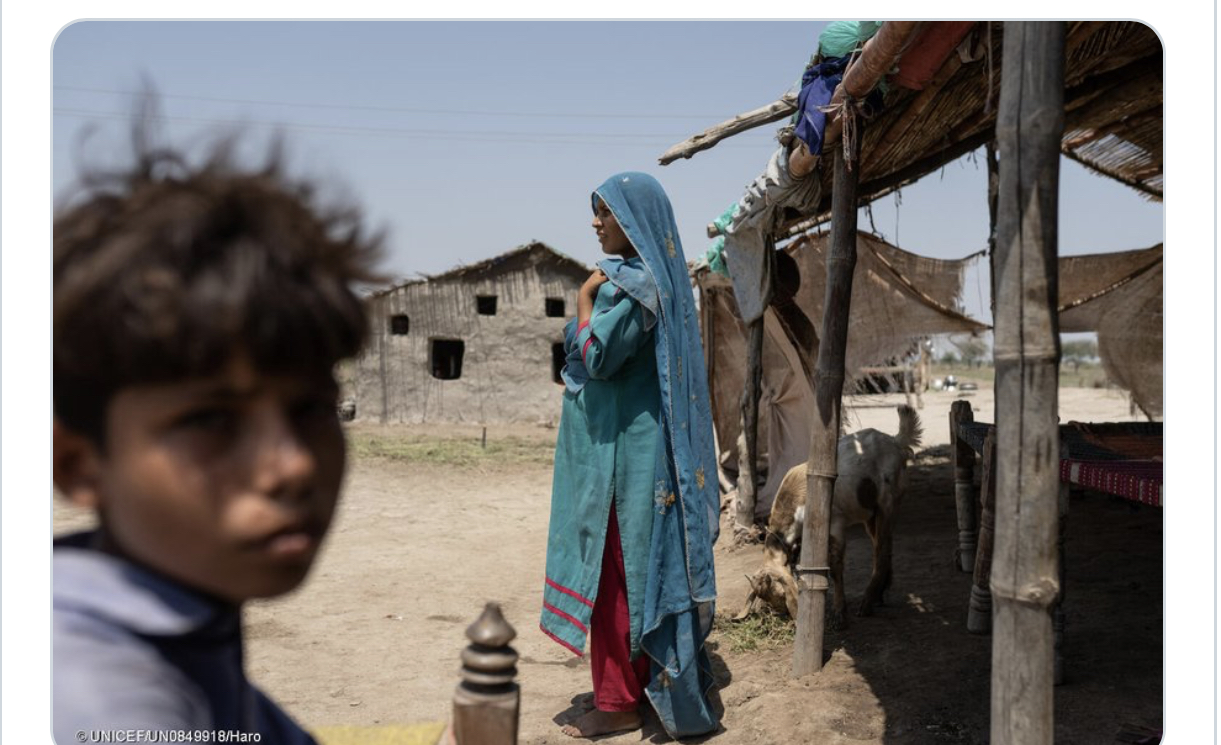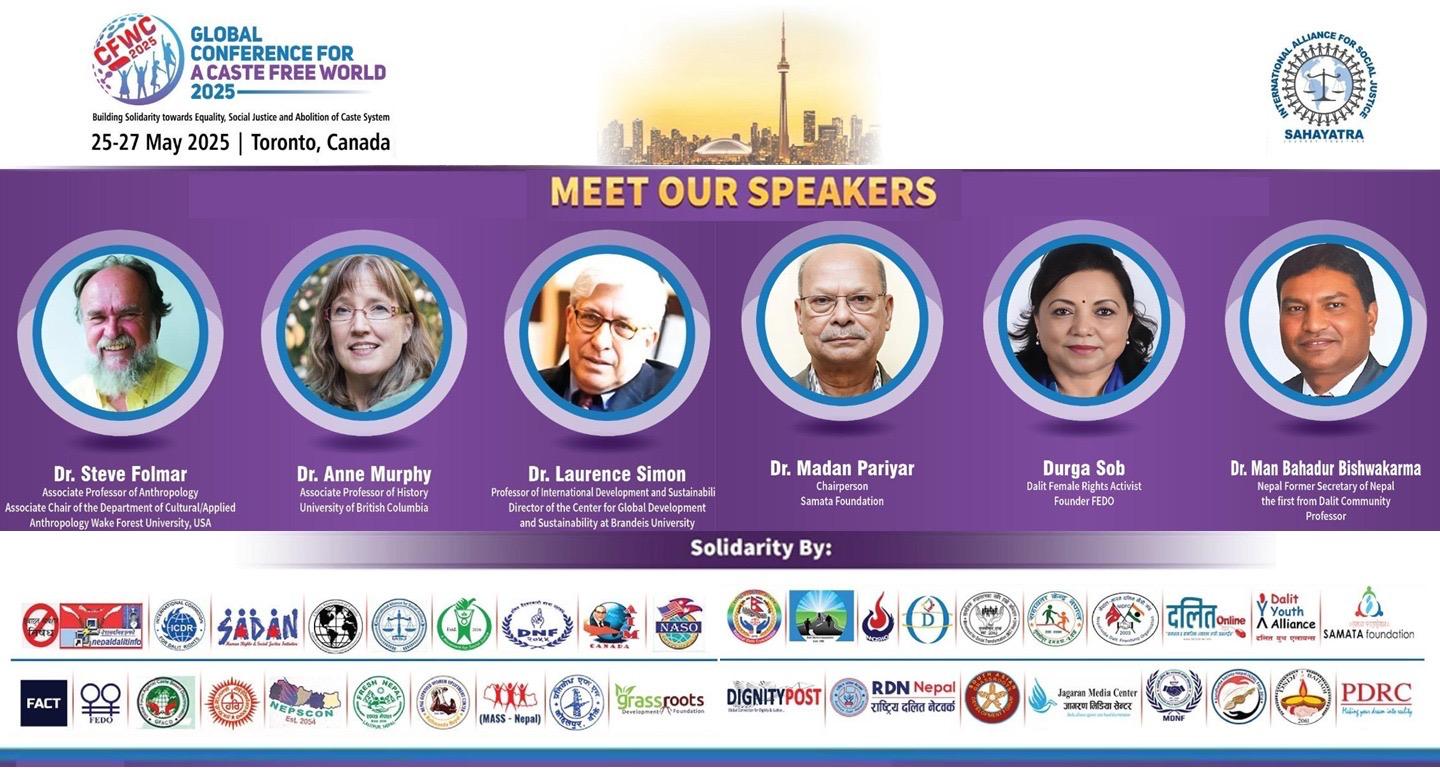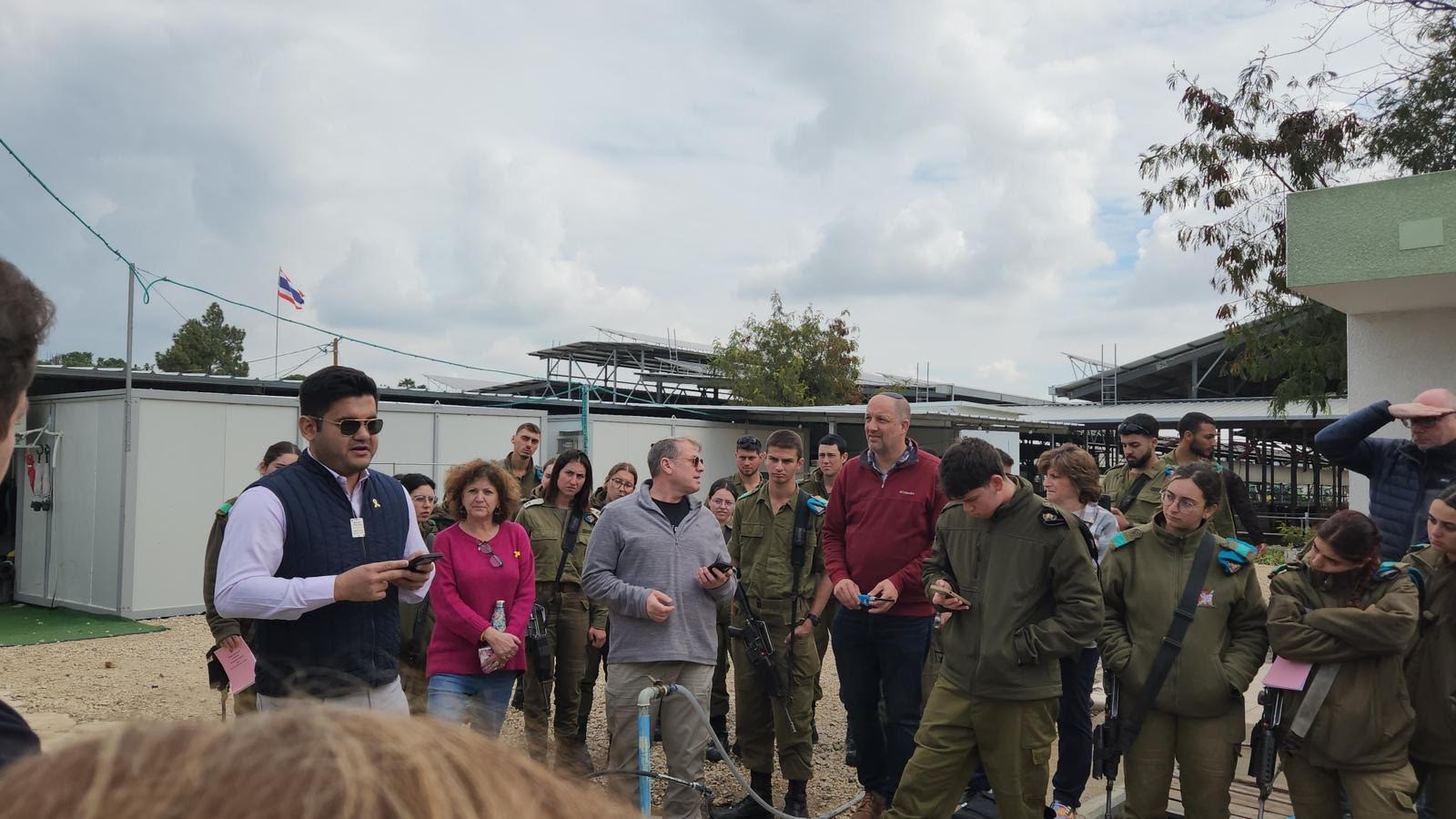UNICEF Warns 460 Million Children in South Asia at Risk Due to Rising Heatwaves

In a recent report, UNICEF has raised alarming concerns about the well-being of children in South Asia, as 76 percent of those under 18 – a staggering 460 million youngsters – are exposed to extreme high temperatures where more than 83 days in a year exceed 35°C. The report follows a tweet highlighting July’s record-breaking temperatures globally and the potential implications for children facing more frequent and severe heatwaves due to climate change.
Sanjay Wijesekera, UNICEF’s Regional Director for South Asia, stressed, “With the world at global boiling, the data clearly show that the lives and well-being of millions of children across South Asia are increasingly threatened by heat waves and high temperatures.” The 2021 Children’s Climate Risk Index (CCRI) indicated that children in Afghanistan, Bangladesh, India, Maldives, and Pakistan are at “extremely high risk” due to climate change impacts.
Particularly vulnerable groups like babies, toddlers, malnourished children, and pregnant women face severe heat-related risks. Wijesekera emphasized their susceptibility to heat strokes and other adverse effects. This threat was evident in parts of Pakistan’s southern Sindh province, including Jacobabad, dubbed the world’s hottest city in 2022, where temperatures soared into the 40s in June, endangering 1.8 million people.
Even during the rainy season, the heat’s impact remains profound, especially on children who struggle to regulate their body temperature. Health risks encompass higher body temperature, rapid heartbeat, cramps, severe headaches, confusion, organ failure, dehydration, fainting, and coma. Infants might experience poor mental development, while developmental setbacks such as neurological dysfunction and cardiovascular diseases could arise.
Pregnant women are particularly vulnerable, facing risks like early contractions, hypertension, seizures, high blood pressure, preterm births, and stillbirths. The urgency of the situation calls for proactive measures. UNICEF recommends utilizing ice packs, fans, misting with water, and even cold water immersion to lower body temperature in children.
To combat these threats, UNICEF calls upon frontline workers, parents, families, caregivers, and local authorities to B.E.A.T. the heat:
BE AWARE of heat stress and protective measures.
EASILY IDENTIFY symptoms of heat-related illnesses.
ACT IMMEDIATELY to protect and rebalance body heat.
TAKE affected individuals to a health facility when necessary.
Wijesekera stressed the impact on vulnerable children and women, asserting, “Young children simply cannot handle the heat… Unless we act now, these children will continue to bear the brunt of more frequent and more severe heatwaves in the coming years, for no fault of theirs.” The urgency to address this critical issue is clear, as the region’s future hangs in the balance.

















Facebook Comments